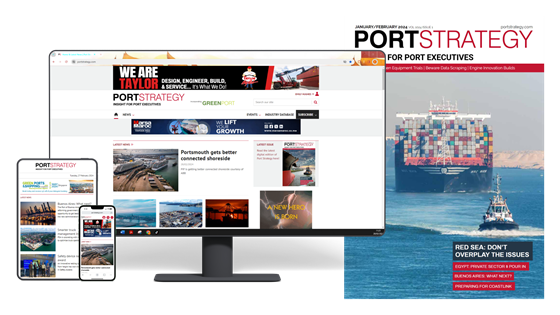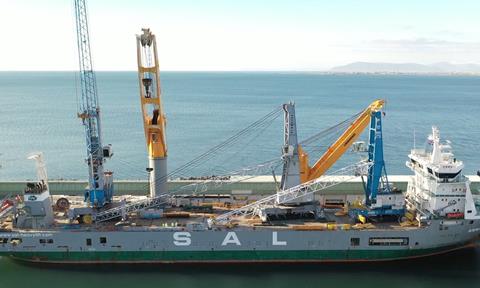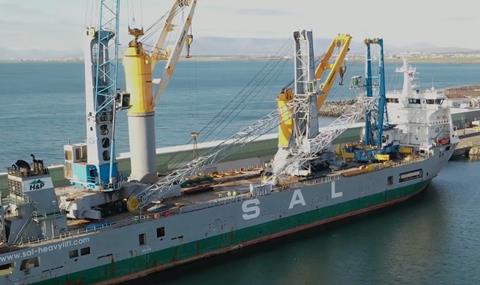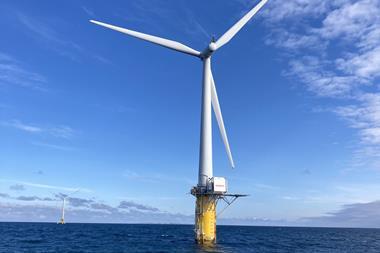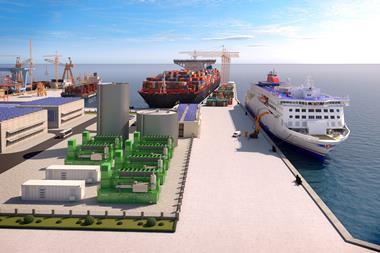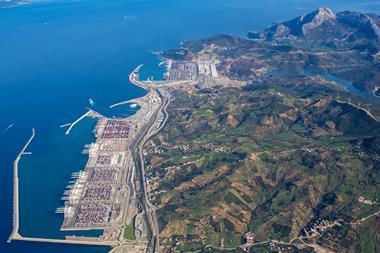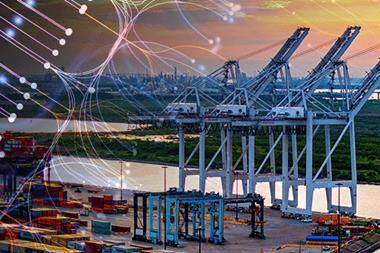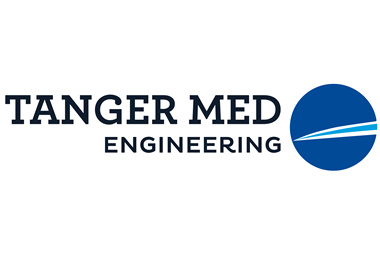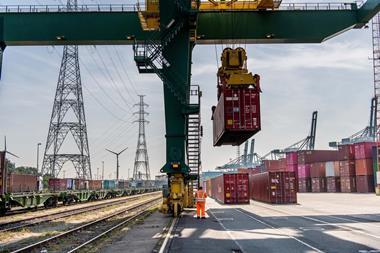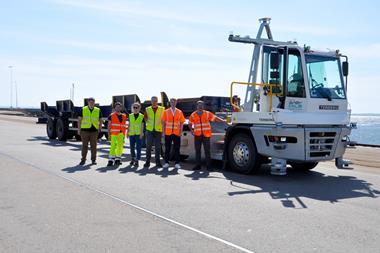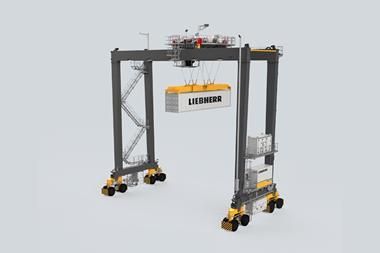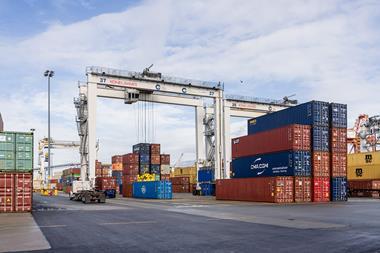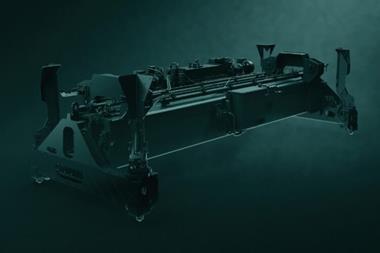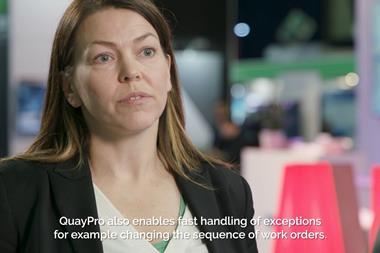Through technical insight and international perspective, Port-Trade contributes to a greener port sector focusing on reuse and operational reliability.
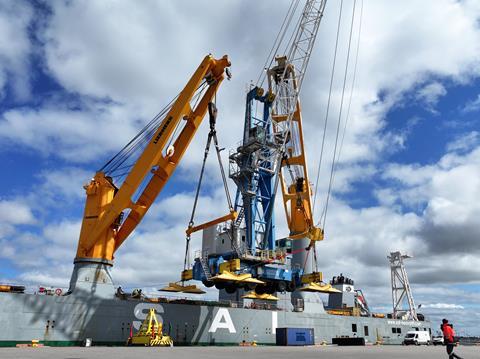
When an older Fantuzzi crane from Kalundborg and two Gottwald cranes from Lübeck and Straumsvik are now heading towards new tasks in Bulgarian Burgas and Italian Milazzo, it is not only a sign of well-functioning logistics. It also illustrates how the reuse of technical equipment plays an increasingly important role in the port sector’s development—environmentally, operationally, and economically. Behind this facilitation is the Danish company Port-Trade, which specializes in delivering used mobile harbor cranes between ports across the world.
In Kalundborg, the Fantuzzi crane has been replaced with a more environmentally friendly solution, and the sale took place as part of a strategic transition.
“The Fantuzzi has served us faithfully since 2006, but with yet another comprehensive 10-year inspection ahead and a desire to reduce our CO2 footprint, it was a natural time to phase it out,” says Port Director Bent Rasmussen. “With the electrification (connection to the power grid) of our other cranes, we can now operate our entire crane capacity without diesel.”
Kalundborg Port has collaborated with Port-Trade for several years and particularly emphasizes the company’s technical insight and ability to ensure that both buyer and seller feel secure throughout the process.
“Port-Trade assisted with testing, documentation, and dismantling—and they handled everything with great professionalism,” says Bent Rasmussen. “It was crucial for us that we could deliver a fully functional crane.”
Cranes for New Tasks with a New Owner
The buyer in Bulgaria is BMF Port Burgas—the country’s largest private port operator—which chose to invest in both the Fantuzzi crane from Kalundborg and a Gottwald crane from Iceland, also brokered by Port-Trade.
“It was a pleasure to work with Port-Trade and Mr. Peter Muller,” says CEO Boris Balev. “He was available throughout the process and handled everything from technical questions to contract and transport preparation. This created great confidence for us as a buyer.”
According to Balev, the reuse of equipment is a natural part of the port’s strategy to continuously expand and optimize its technical capacity.
Efficient Capacity Adjustment in Lübeck
At Lübecker Hafengesellschaft, the decision to sell one of the port’s mobile harbor cranes was made based on changing operational needs. The crane could only be used at one specific quay and no longer fit into the overall capacity plan.
“Today we have flexible solutions where we can call in mobile cranes as needed,” explains COO Mirko Eweler.
“Port-Trade handled the entire sale for us, from first contact to the final contract with the Italian buyer, with great commitment and technical oversight.”
Mirko Eweler particularly emphasizes the company’s experience with international processes and ability to navigate both linguistic and legal differences.
|
|
|
Collaboration and Specialized Knowledge as a Driving Force
Port-Trade was founded in Fredericia in 2003 and has since built a position within both new and used solutions for cargo handling—including cranes, grabs, and specialized equipment. While new equipment is primarily delivered to Scandinavian customers, the used cranes are traded globally.
Port-Trade director Peter Muller points out that trust and availability are critical factors in any transaction:
“Our role is to provide clarity and make it easy and safe to do business for both buyer and seller. When we help ports find new uses for used equipment, it’s about technology, planning, economy, and collaboration.”
He emphasizes that Port-Trade combines a practical approach with knowledge about the equipment’s lifetime, maintenance, and application possibilities—and that this technical insight is essential to act effectively as a link between sellers and buyers across markets and languages.
FACTS: Port-Trade ApS
Port-Trade was founded in Fredericia in 2003 and has since developed a specialized position in the supply and brokering of equipment for professional cargo handling, with a particular focus on mobile harbor cranes. The company deals with both the sale of new equipment—including cranes, grabs, and container spreaders—and the international brokering of used cranes.
Port-Trade also offers aftermarket support with its own service technicians, spare parts supply, and inspections. While the market for new equipment is primarily concentrated in Scandinavia, Port-Trade operates globally in the used equipment segment and has over the years facilitated the purchase and sale of more than 30 used harbor cranes. Customers include ports and terminals with crane capacity needs for bulk, project cargo, and container handling. A combination of technical insight, commercial experience, and the ability to navigate across languages and cultures are some of the company’s key strengths.


